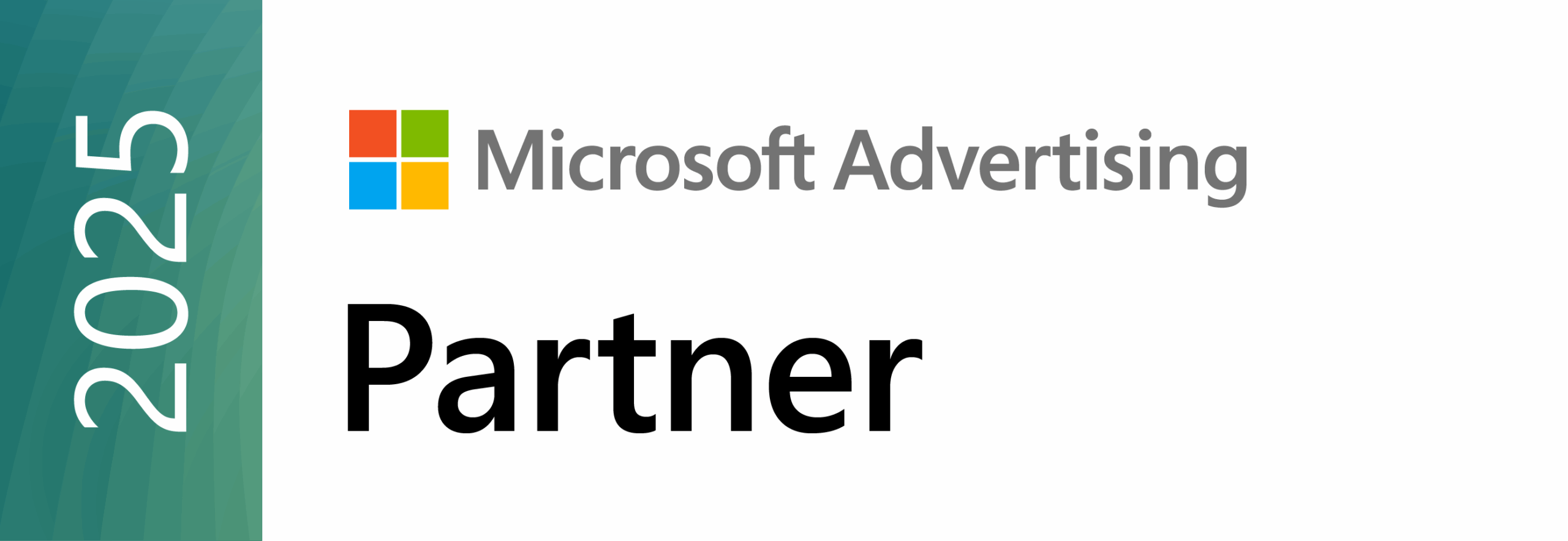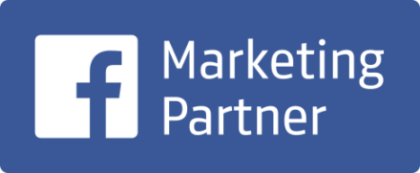
The end of 2020 brought with it a few firsts: Apple announced its iOS 14 update, and Facebook took a direct shot at Apple.
Facebook published a strong critique of Apple’s new iOS updates, then created a follow-up ad campaign to stop the updates.
With all of the uproar from Facebook, many businesses that use Facebook advertising services started to wonder about the impact of iOS 14.
Would it affect their ads? The short answer is yes, but’s it’s not as dramatic of a situation as Facebook made it out to be.
Below we explain what the iOS 14 update means for Facebook advertisers and how to adapt to the new software.
Is iOS 14 Bad for Advertisers?
If you’re someone who hates changes, then the answer for you will be yes. But, by and large, the iOS 14 update is just another change that advertisers have to adjust for in a world of ever-evolving technology.
The main component of iOS14 that Facebook takes issue with is the update’s new privacy controls. Users can disallow data tracking by third-party networks.
After installing this update Apple uses will receive a pop-up on apps and websites that ask them to either “Allow” or “Don’t Allow” the website, app, and third-party data tracker to share personal data.
Ad networks like Facebook often rely on this user data, including location, email addresses and website engagement. Facebook uses it for retargeting, conversion tracking, and audience targeting optimization, all of which make Facebook such a successful ad platform in the first place.
Say that you’re a business looking to run a retargeting ad campaign on Facebook. This new update will require a new approach.
iOS 14 Changes for Advertisers
Losing out on data-tracking will require a new strategy for advertisers. But the changes aren’t as terrible as Facebook made them sound.
Below are a few of the major updates that continue to be present in the iOS 14.4 update.
Ad Event Limits
With the update, advertisers will face limits on conversion events. They can have only 8 conversion events per domain.
Advertisers will need to specify 8 events for each domain, and campaigns optimized for events outside 8 will be paused until you make adjustments.
If you’re an advertiser who optimizes for many on-website events, you’ll have to re-think your ad strategy with these new limits. For instance, you won’t be able to have distinct “Add to Cart” events for each specific product.
Impact on Audiences
The main change for audiences includes limiting remarking and retargeting. Advertisers who use Facebook ad specs to build retargeting audiences will have to adjust.
Apple users who opt out of data tracking cannot be accurately tracked and added to retargeting audiences. Facebook advertisers will have smaller audiences and shrinking results.
Attribution Changes
Attribution changes will have the largest impact on Facebook advertisers. Advertisers will not be able to track individuals through their web data and will therefore have more difficulty mapping the complete user journey.
Many attribution windows will no longer work, including 28-day click-through, 28-day view-through, and 7-day view-through. The new default is a 7-day click-through.
Facebooks ads manager will also no longer include its native Attribution Tool. Advertisers will have far less information about the user journey and event breakdowns.
Right now, ongoing discussion exists about how advertisers can overcome this change going forward.
Domain Verification Required
This change is not a big deal, although it’s never been required before. Now, advertisers will have to “verify” each domain they plan on driving ads to through Facebook Business settings.
Verifying a domain essentially just means moving your identity. It lets Facebook know that you (or your client) possess ownership over the website or domain. Verification just adds a few lines of code in your site’s backend.
Domain verification will not impact advertisers at all unless you’ve been using a site you don’t own to run ads. In that case, we suggest you look into creating your website.
Adjusting Facebook Ads for iOS 14
Advertising has begun the shift away from data-tracking to the future of advertising. Although the changes explained above don’t sound pleasant, advertisers can still adjust and achieve success with their marketing campaigns.
Below are just a few of the marketing strategies that Facebook social media advertisers can use.
Ensure Domains Meet Requirements
Now is the time for advertisers to ensure that their domains meet Facebook’s new requirements. It doesn’t take long to verify your website, but you will need it to be properly connected to your Facebook Ad accounts.
Prioritize Events
Since you’ll only have 8 pixel events to choose from, you’ll need to be selective about which events you use for tracking and optimizing ad campaigns.
Build your event priority based on overall value. Events like “Purchase” and “Lead have the most value for the majority of advertisers. Events like “Subscribe” may be less important.
If you’re stuck, you may also want to visit the Facebook ad library. It may give you insight into methods that other advertisers are using, inspiring your strategy.
Get Creative with Reporting Metrics
If you’re struggling to wrap your head around the iOs 14 update, don’t be disheartened. Remember that all Facebook advertisers will undergo the same drops metrics and event completions as a realist of the iOS changes.
These changes don’t indicate that your ads aren’t working, but you will need to change the way you look at your results.
Facebook still offers certain metrics including Link Clicks, Website Visits, and other on-Facebook metrics. Be creative in how you view these metrics.
You may be able to connect the dots between your Facebook performance and your performance on your website and behind-the-scenes sales. With some practice, you can hopefully bridge the gap between your Facebook and private platforms.
Leveraging the iOS 14 Update
The iOS 14 update means that individual tracing will start to become replaced with other advertising methods.
But for advertisers willing to adapt, the changes could pave the way for the future success of new campaigns. This doesn’t mean that adapting will be easy – which is when an agency partner becomes quite helpful for businesses.
Bloom Digital Marketing will work with your small business to deliver effective marketing campaigns, no matter what the changes look like. Contact us to get started!




